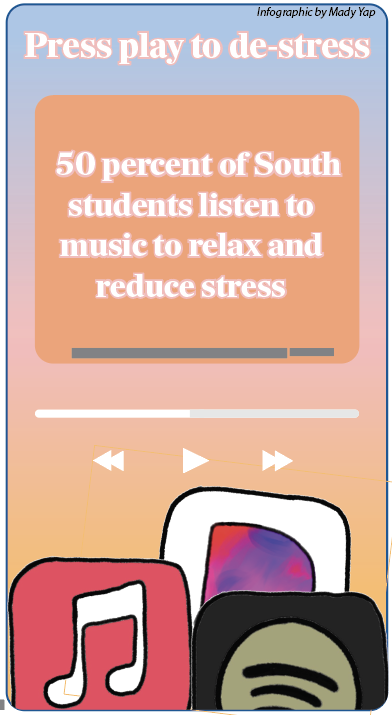The average classic novel, such as Wuthering Heights or The Adventures of Huckleberry Finn, has around 100,000 words. That means 100,000 words to analyze, interpret and pick apart in our English classes until the text is nothing but skin and bones.
Now don’t get me wrong; I love English class, and I have the utmost respect for the curriculum, teachers and material taught. However, there comes a point when teachers shouldn’t have students focus so heavily on the minute details of a novel and instead allow us to read the book for the bigger picture.
I agree that word analysis is necessary in order to become stronger, more intuitive readers that can engage in thoughtful analysis. But there is a fine line between when investigative reading is beneficial and when it’s redundant. I call this “over-analysis”, and I have found that at times, it restricts both my classmates’ and my ability to truly understand the novel.
Throughout the year, teachers are trying to convince students that books are entertaining, magical things. Yet it’s hard to appreciate the genius of an author and their story when we’re required to look at each sentence on a smaller scale instead of the entire novel on a larger scale. Authors meant for their work to be digested, not dissected in study.
South covers the studied aspect well, as I’ve learned by being required to take quotation quizzes or other detail-oriented tests. I understand that these assessments are meant to demonstrate that I have read the assigned section.
However, in order to do well on these quizzes, I find myself paying close attention to specific words and passages that in many cases do not contribute to the larger meaning of the text. Because my focus is so intent on memorizing sometimes seemingly insignificant information, I’m losing out on the bigger message of the novel.
Whenever my class has a group discussion, though, I find myself noticing the larger themes of the text. In these discussions, we interpret the themes of the book on a broad, overarching scale rather than the specific wording of a passage.
Not only am I better able to better comprehend the book, but I also find myself relating it to my everyday life. In those class discussions, I learn and enjoy more than I analyze the word choice of a particular passage for any quote quiz or ultra-specific test.
Now, I understand that specific word choice analysis is essential to do because it’s a major part of English curricula. According to English teacher Debbie Cohen, in-depth analysis is important because knowing how to understand texts is a crucial life skill, no matter the occupation.
She also clarified that although a class can “beat [a passage] to death”, the beauty of figurative language and the value of learning how to identify when a section is significant and worth the in-depth discussion and practice.
However, with the idea that in-depth analysis still needs to be taught, I challenge the teachers to take a step back from interpreting sentence structure and allow us students to have a chance to enjoy the masterpiece of the novel without having to always get so wrapped up in the details. Instead of such a heavy focus on word choice, a balance between broad discussion and analytical study is necessary.
Although there are moments when this equilibrium is evident, there are still many times when I have heard students express their frustration at over-analysis on word choice. Therefore, I not only suggest that teachers allow for more theme-based discussion, but that they remain mindful that this form of teaching is utilized consistently instead of just during occasional classes.
Whether it’s Charles Dickens, John Green or myself that’s writing, I recognize that certain words are chosen for a particular reason. But does every word really have some deeper meaning? Can excessive analysis be fruitful? I want to enjoy the book as a whole rather than understanding small-scale word choice significance and fail to see the overall genius of the novel.







